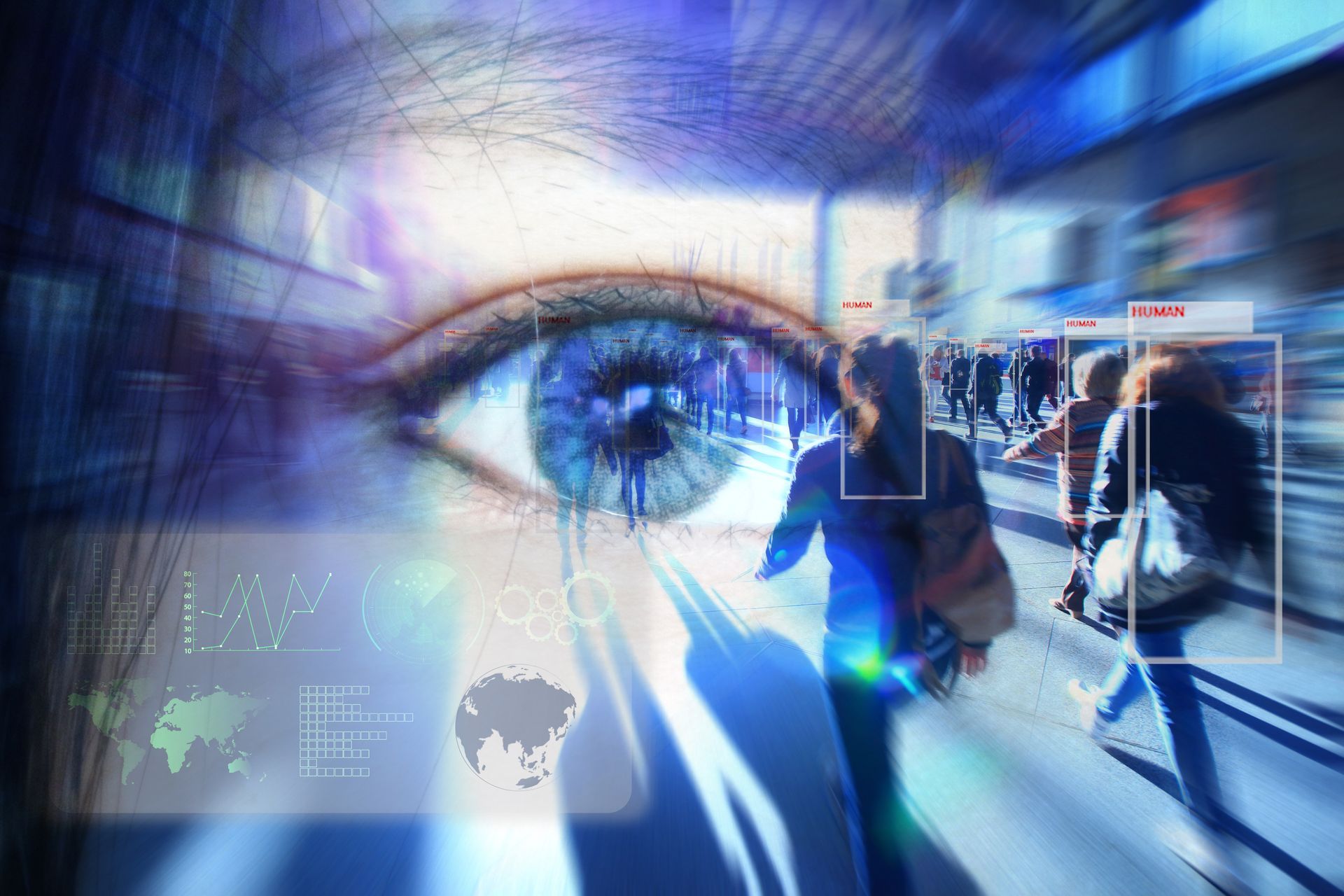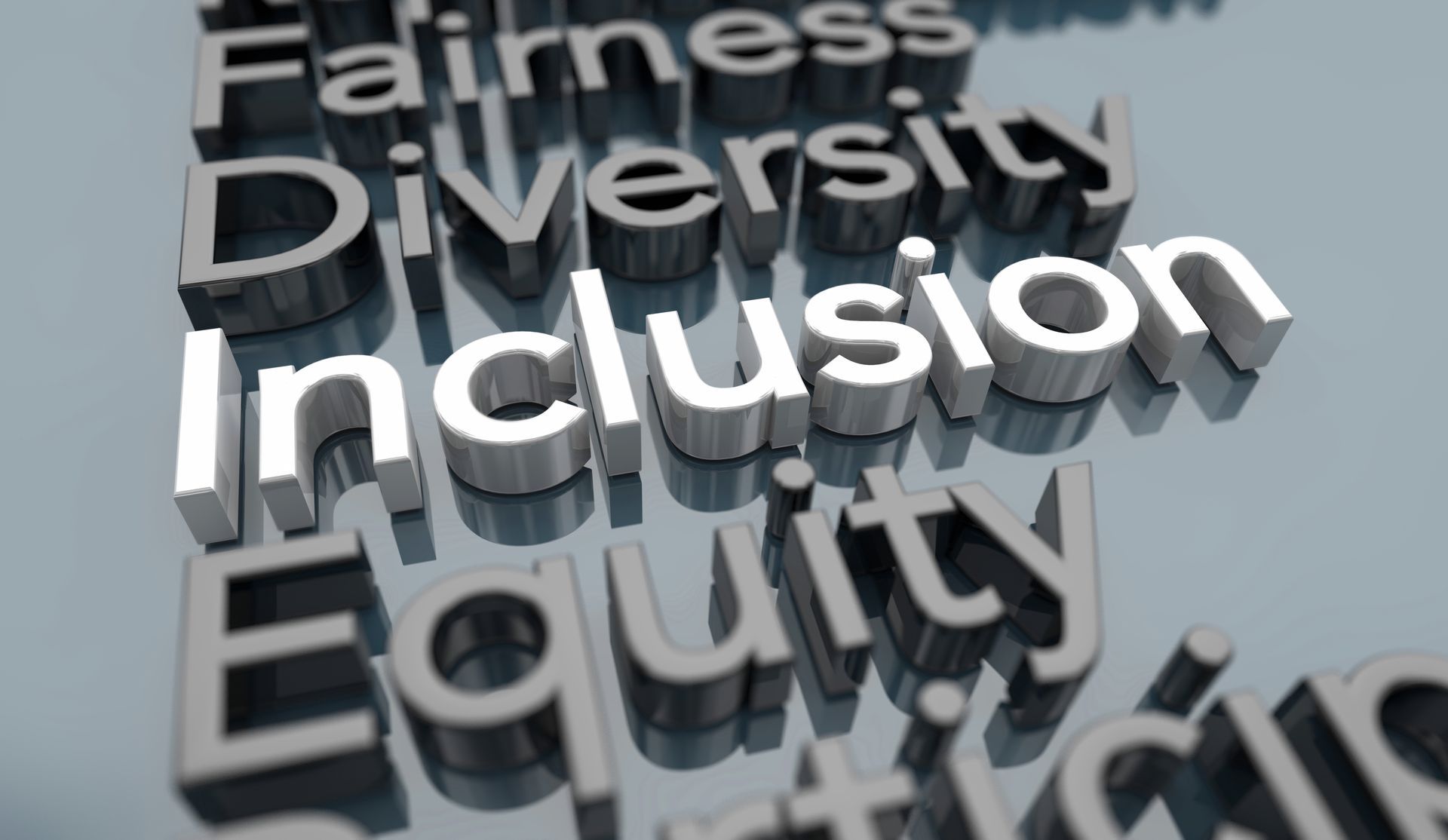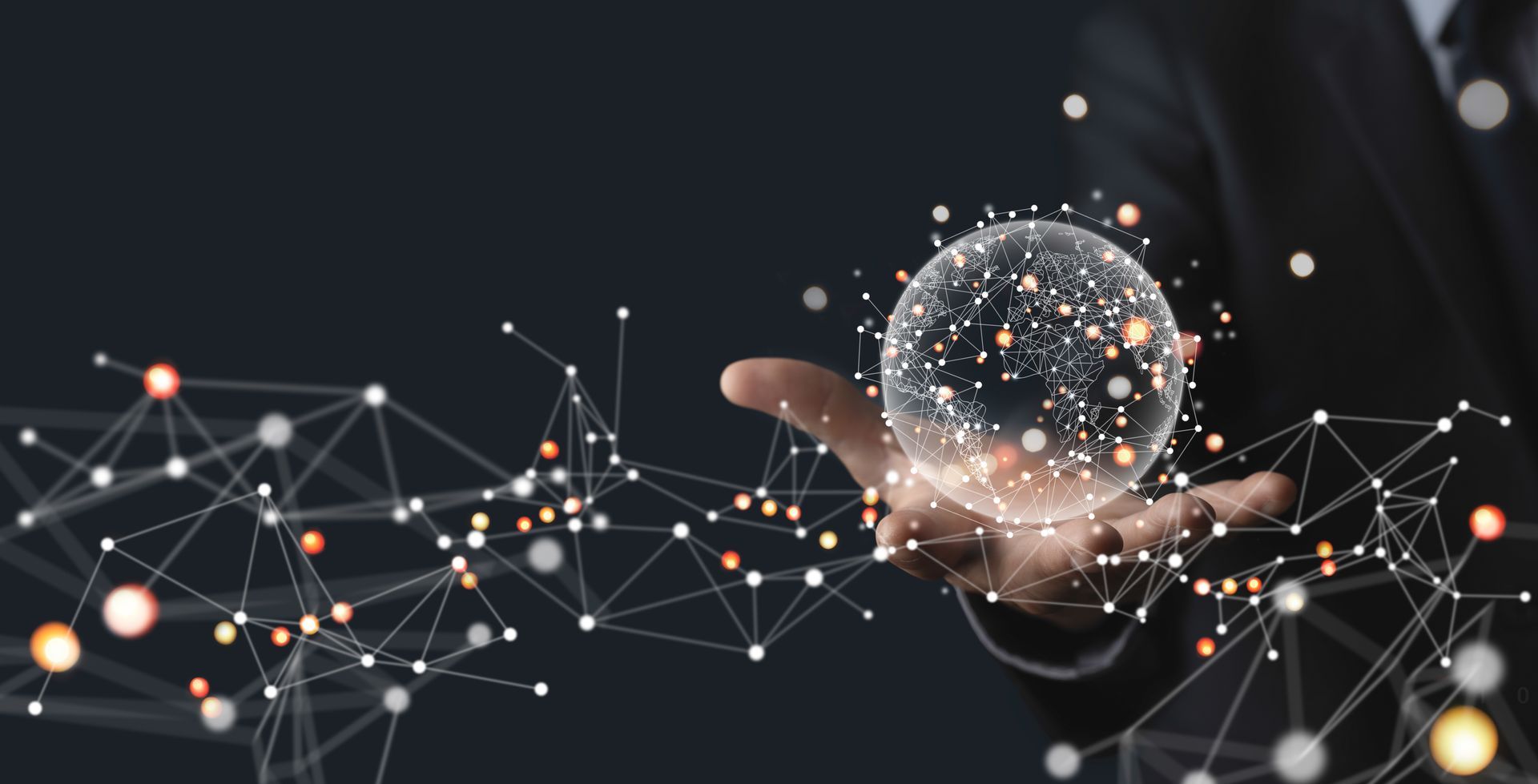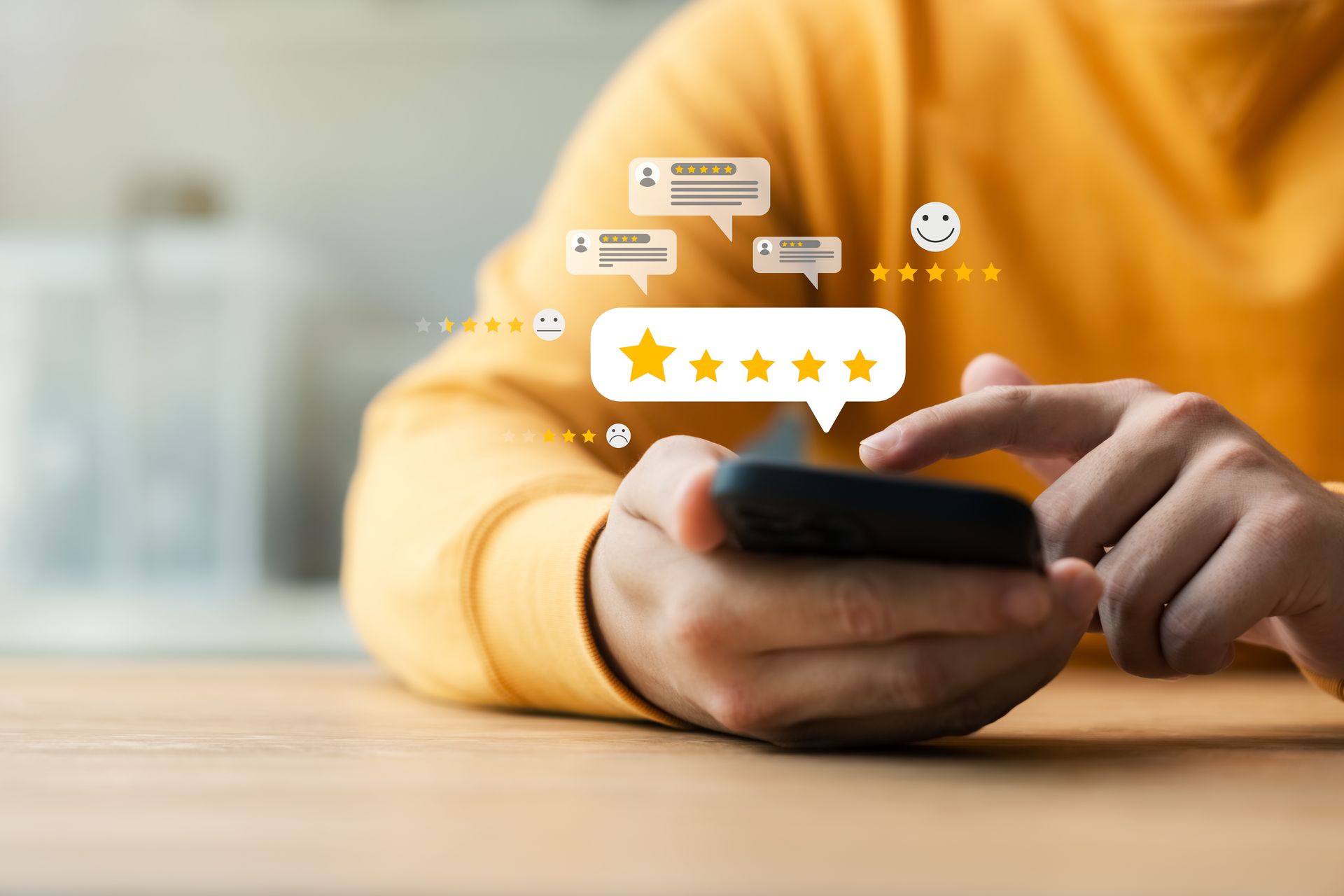
Artificial Intelligence (AI) is no longer just a futuristic concept but a transformative force that is reshaping industries across the globe.
In the realm of Human Resources (HR), AI is proving to be a game-changer, streamlining processes, enhancing decision-making, and creating more efficient and personalized employee experiences.
This blog explores the evolution of AI in HR, its current applications, and future trends that are set to revolutionize the industry.
The Evolution of AI in HR
The journey of HR from traditional practices to technology-driven processes has been remarkable.
In the early days, HR functions were largely manual, involving extensive paperwork and time-consuming processes.
The advent of computers brought the first wave of automation, making tasks like payroll and employee records more manageable.
The introduction of AI into HR began with basic applications such as automated resume screening and chatbots for answering employee queries.
Today, AI is deeply integrated into various HR processes, from recruitment and onboarding to performance management and employee engagement.
The continuous evolution of AI technologies promises even greater advancements in the years to come.
AI-Powered Recruitment
One of the most significant impacts of AI in HR is seen in the recruitment process.
AI-powered tools can automate resume screening, quickly identifying the most qualified candidates from a vast pool of applicants.
Machine learning algorithms can match candidates to job descriptions based on their skills and experience, significantly reducing the time and effort required in the initial screening process.
AI-driven job advertising platforms can optimize job postings to reach the right audience, increasing the chances of attracting suitable candidates. Furthermore, AI can help eliminate biases in the recruitment process by focusing on candidate qualifications and experience rather than demographic factors.
Case Study: Unilever
Unilever, a global consumer goods company, has successfully integrated AI into its recruitment process. The company uses AI tools to screen resumes, conduct initial interviews through chatbots, and assess candidate responses using machine learning algorithms. This approach has reduced the time to hire by 75% and improved the diversity of its new hires.
Employee Onboarding and Training
The onboarding process is crucial for new employees, setting the tone for their future with the company. AI can personalize onboarding experiences, tailoring the process to meet the specific needs and preferences of each employee. Virtual reality (VR) and augmented reality (AR) technologies are being used to create immersive training programs that engage employees and enhance their learning experience.
Continuous learning and development are essential in today’s fast-paced work environment. AI-powered platforms can identify skill gaps and recommend personalized training programs, ensuring employees stay up-to-date with the latest industry trends and advancements.
Example: Walmart
Walmart has implemented VR training programs to prepare employees for real-life scenarios. By using VR headsets, employees can practice handling various situations in a controlled environment, improving their skills and confidence. This innovative approach has led to higher retention rates and increased job satisfaction among employees.
Performance Management and Employee Engagement
AI tools are revolutionizing performance management by providing real-time monitoring and feedback. Traditional annual performance reviews are being replaced by continuous feedback systems that allow managers and employees to track progress and address issues promptly. Predictive analytics can identify high-potential employees and help organizations create tailored development plans to nurture their talent.
Employee engagement is another area where AI is making a significant impact. AI-driven surveys and sentiment analysis tools can gauge employee morale and identify areas for improvement. By understanding employee sentiments, organizations can take proactive measures to enhance engagement and create a positive work environment.
Success Story: IBM
IBM uses AI to analyze employee feedback and sentiment from various sources, including internal surveys and social media. This data-driven approach has enabled IBM to understand employee needs better, leading to improved engagement and higher retention rates. The company’s AI-driven performance management system also helps managers provide timely and constructive feedback, fostering a culture of continuous improvement.
HR Analytics and Decision Making
Big data and analytics are transforming HR decision-making processes. AI-powered HR analytics tools can analyze vast amounts of data to provide actionable insights. Predictive analytics can forecast workforce trends, helping organizations plan for future needs and make informed decisions.
For example, AI can predict employee turnover by analyzing factors such as job satisfaction, performance, and engagement levels. This information allows HR teams to implement targeted interventions to retain valuable employees. Additionally, AI-driven insights can help organizations optimize their recruitment strategies, identify training needs, and improve overall employee satisfaction.
Case Study: Google
Google leverages AI and big data analytics to enhance its HR practices. The company’s People Analytics team uses AI to analyze employee data and identify patterns that contribute to high performance and job satisfaction. This data-driven approach has enabled Google to create a workplace culture that attracts and retains top talent.
Enhancing Employee Well-being with AI
Employee well-being is a top priority for organizations, and AI is playing a crucial role in this area. AI tools can provide mental health support and stress management resources, helping employees maintain a healthy work-life balance. Personalized wellness programs, driven by data insights, can address individual needs and preferences, promoting overall well-being.
AI can also help identify early signs of burnout or stress by analyzing employee behavior and engagement levels. By proactively addressing these issues, organizations can create a supportive work environment that prioritizes employee health and well-being.
Example: Microsoft
Microsoft has introduced an AI-powered tool called MyAnalytics, which provides employees with insights into their work patterns and well-being. The tool offers personalized recommendations to improve productivity and work-life balance, helping employees manage their time effectively and reduce stress.
Ethical Considerations and Challenges
While AI offers numerous benefits, it also raises important ethical considerations and challenges. Ensuring that AI algorithms are unbiased and transparent is crucial to avoid discrimination and maintain fairness in HR practices. Organizations must prioritize data privacy and security, ensuring that employee data is protected and used responsibly.
Addressing these challenges requires a proactive approach, including regular audits of AI systems, transparency in AI-driven decisions, and ongoing training for HR professionals on ethical AI use. By taking these steps, organizations can harness the power of AI while upholding ethical standards and building trust with employees.
Future Trends and Innovations
The future of AI in HR is promising, with emerging technologies poised to drive further advancements. AI will continue to play a critical role in strategic HR planning, helping organizations anticipate and respond to workforce trends. The integration of AI with other technologies, such as blockchain and the Internet of Things (IoT), will create new opportunities for innovation in HR practices.
As AI technologies evolve, the collaboration between humans and AI will become increasingly important. AI will augment human capabilities, enabling HR professionals to focus on strategic initiatives and relationship-building while AI handles routine tasks and data analysis.
Predictions for the Next Decade
• Increased adoption of AI-powered chatbots and virtual assistants for employee support.
• Greater use of AI in workforce planning and talent management.
• Enhanced AI-driven employee engagement and well-being programs.
• Integration of AI with advanced analytics for more accurate predictions and insights.
• Continued focus on ethical AI practices and data privacy.
AI is transforming HR practices, offering new ways to enhance efficiency, improve decision-making, and create personalized employee experiences. From recruitment and onboarding to performance management and employee well-being, AI is reshaping the HR landscape. As organizations continue to embrace AI innovations, they must also address ethical considerations and ensure transparency in their AI-driven practices.










